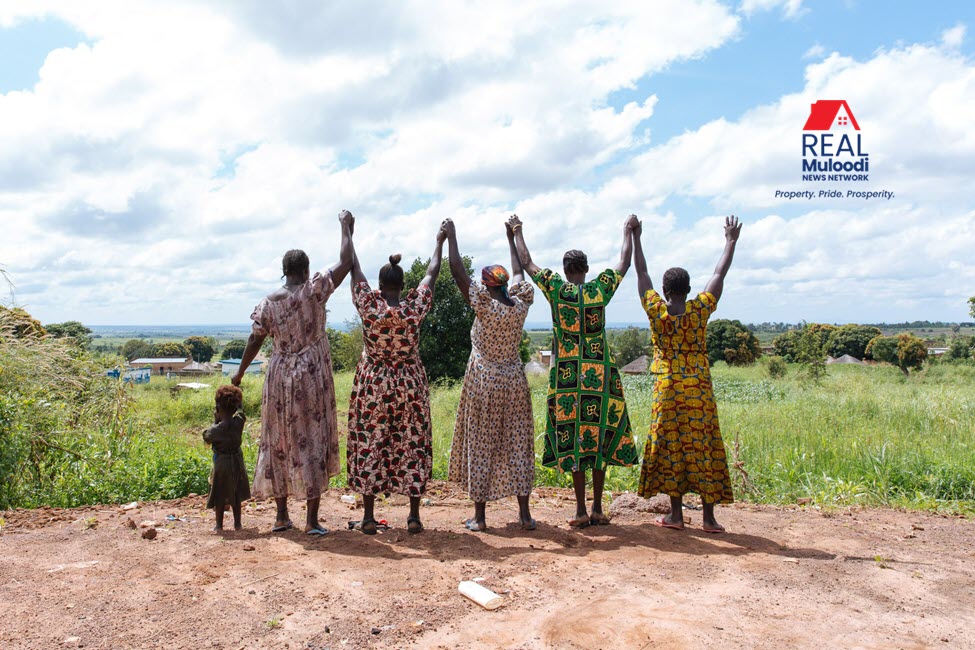UGANDA, Kampala | Real Muloodi News | On July 28, 2021, seven ministers representing the Intergovernmental Authority on Development (IGAD) signed the Regional Women’s Land Rights Agenda.
The Regional Women’s Land Rights Agenda is a framework document that is the starting point for member states to improve policies that will increase gender parity on land tenure by directly addressing cultural norms that hinder women’s rights to land ownership. The Regional Women’s Land Rights Agenda hopes to accomplish its goals within the next ten years.
The agenda will advance women’s rights to land ownership for all member states. Member states of the IGAD are Ethiopia, South Sudan, Djibouti, Somalia, Kenya, and Uganda.
The member states assist and complement each other’s efforts “through increased cooperation to achieve: food security and environmental protection; promotion and maintenance of peace, security and humanitarian affairs; and economic cooperation and integration,” as outlined on the official website.
Even though more than half of the women in member IGAD states work in the agricultural sector, only two to seven per cent have land titles.
In Uganda, women do most of the growing of food and looking after animals, as they are mainly responsible for putting food on the table. Yet with decisions about the future of the land, it is men’s voices that are heard. Despite some progress, inequality between women and men in ownership and control of land remains stark.
Like elsewhere in the region, only about 16 per cent of women in Uganda own land in their own right, despite their significant role in the agricultural sector. That figure drops to 7 per cent for ownership of registered land. Housing, often considered a combined asset with land, particularly in rural areas, is also overwhelmingly owned by men.
In a two-day meeting that began on July 26, 2021, the various Ministers for Land and Gender drew from their respective National Women’s Land Rights Agendas and the IGAD Regional Women’s Land Rights Conference to finalise the IGAD Region Women’s Land Rights Agenda.
What followed was a three-day regional conference that focused on the intergenerational and transnational links of women’s rights regarding land tenure.
The executive secretary of IGAD, Dr Workneh Gebeyehu said, “while IGAD countries have enacted legislation to address the imbalance in land ownership, women continue to face discrimination as a result of cultural practices. Women’s land rights must be improved.”
By the end of 2020, all member states had conducted gender assessments of their land sectors to identify issues both on national and transnational levels.
READ MORE LIKE THIS:
The Struggle of Ugandan Widows: The Right to Inherit Property
The Government’s Drive to Certify Customary Land Meets Culture Clashes



